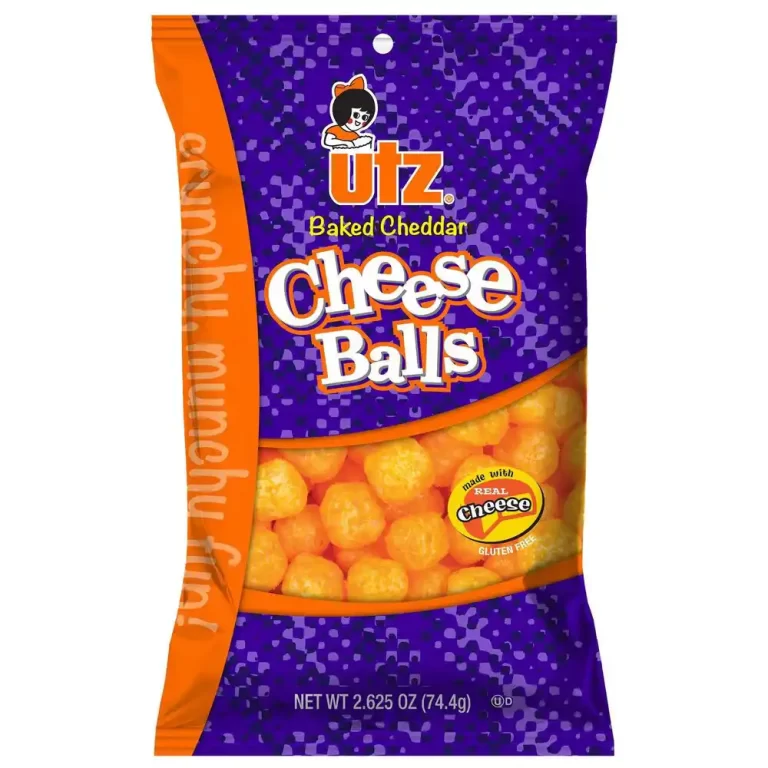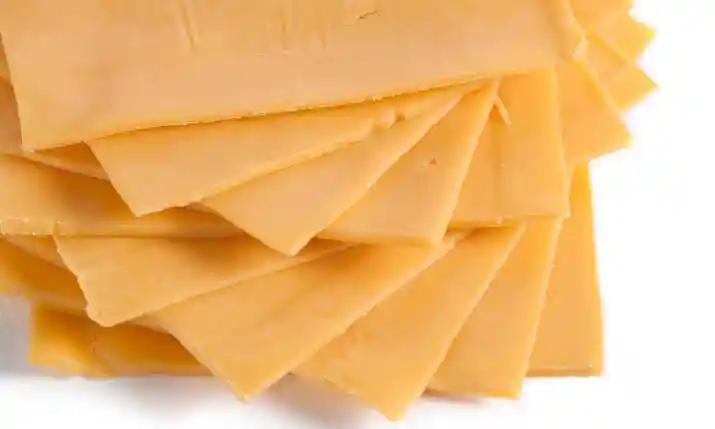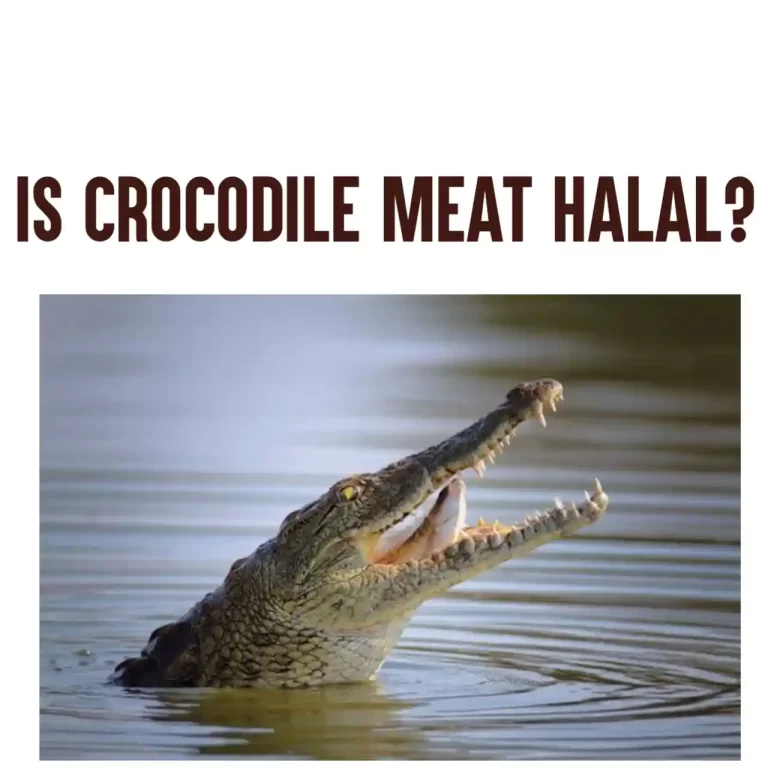Is Shake Shack Halal? The Answer You Need To Know
Shake Shack is too often compared to fast-food burger joints. While it was inspired by roadside burger stands, Shake Shack has admirable fine-dining roots.
Advertisements
Is Shake Shack halal? In this article and guide, we’ll highlight whether Shake Shack is halal or haram in Islam. Want to learn more about the halal status of Shake Shack’s foods? Continue reading to find out.
Is Shake Shack Halal?
No, Shake Shack is not halal. Shake Shack confirmed that its outlets in various countries are partially halal. According to Shake Shack, they do not serve halal meat in the United States. Furthermore, they serve haram foods such as bacon and alcohol in the form of beer and wine.
Shake Shack also stated on Twitter, that their meat is sourced from multiple companies (one of which is in fact halal) however it is not separated as halal or not. Therefore, when eating it would be impossible to determine if you are eating a Zabihah versus a non-Zabihah burger.
Is Shake Shack Chicken Halal?
No, Shake Shack Chicken is not halal. According to Shake Shack, chicken served in the US, Russia, Japan, Singapore, and Hong Kong is NOT Halal. While chicken served in the UK and South Korea is Halal (however it is prepared in a facility with the presence of pork). Chicken served in Middle East and Turkey is also Halal.
Advertisements
Is Shake Shack Halal In UK?
Shake Shack confirmed that the chicken use in their Chicken Shack and Chicken Bites in every UK Shack is halal-certified, including their 2021 festive Black Truffle Chicken item. However, they highlighted that they do also sell non-halal menu items in their business – as such, their beef is not halal.
See Also Is CAVA Halal
Shake Shack shared this message:
The meat in our Middle East Shacks is 100% halal, but meat in the US and UK isn’t halal or kosher.

Note
If there are points which bring about alot of doubt due to the halal status of Shake Shack one must abstain from such restaurants. Especially when our lives don’t depend on these restaurants.
Advertisements
A Muslim leaves that which is doubtful and holds on to the doubtless. One must be very careful of that which he consumes for the acceptance of his du’aas rely upon the things that he consumes.
We should try and stay away from all doubtful and Haraam things in any quantity, small or big.
The Prophets were ordered by Allah in the Qur’an to consume only Halaal. If we consume Haraam or doubtful things then this has a big effect on our actions and our prayers are not answered.
Advertisements
May Allah open our hearts, save us from Haraam and give us the Tawfeeq to accept the Haqq (truth). Ameen
What Is Consider Halal In Islam?
According to the Muslims in Dietetics and Nutrition, a member group of the Academy of Nutrition and Dietetics, Halal food can never contain pork or pork products (including gelatin and shortenings) or alcohol.
Halal animals must be slaughtered by hand, not by machine, by a Muslim who says Bismillah. The animal’s blood must drain completely after it is killed because Muslims who eat Halal do not consume fresh blood of animals.
If those slaughtering the meat are from the People of the Book, namely Jews and Christians, it is permissible to eat it, and it is not appropriate to ask as to how it was slaughtered or whether they mentioned Allah’s name over it or not.
That is because the Prophet (blessings and peace of Allah be upon him) ate the lamb given to him by a Jewish woman in Khaybar, and he ate the meal to which a Jewish man invited him, and it contained rendered fat, but the Prophet (blessings and peace of Allah be upon him) did not ask how they had slaughtered it or whether they had mentioned Allah’s name over it.
In Saheeh al-Bukhari it is narrated that some people said to the Prophet (blessings and peace of Allah be upon him): Some people bring us meat, and we do not know whether the name of Allah was mentioned over it or not. He said:
“Say Bismillah over it yourselves and eat it.”
Aa’ishah (may Allah be pleased with her), who narrated the hadith, said: They had only recently become Muslim.
These hadiths indicate that it is not appropriate to ask about how the slaughtering was carried out if the person who carried it out is qualified to do so.
This highlights the wisdom of Islamic teachings and how Islam makes things easy for people, because requiring people to find out whether conditions are met even if the person who performed the action is qualified would cause a great deal of difficulty and hardship, and Islam would become a religion of hardship and difficulty.
However, if the meat came from a foreign country where the slaughterers are people whose meat is not permissible to eat, such as Zoroastrians and idol worshippers, and those who do not follow any religion, then it is not permissible to eat it, because Allah, may He be exalted, has not permitted the meat of any non-Muslims except those who were given the Book, namely the Jews and Christians.
If we are uncertain as to whether the slaughterman was one whose meat is permissible or one whose meat is not permissible, then that is not a problem [i.e., if most of the people in that country are those whose meat is permissible].
Advertisements








One Comment